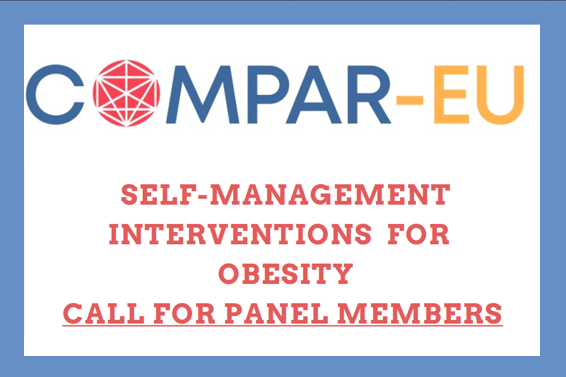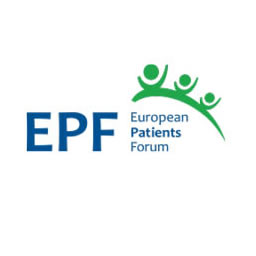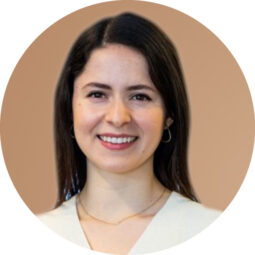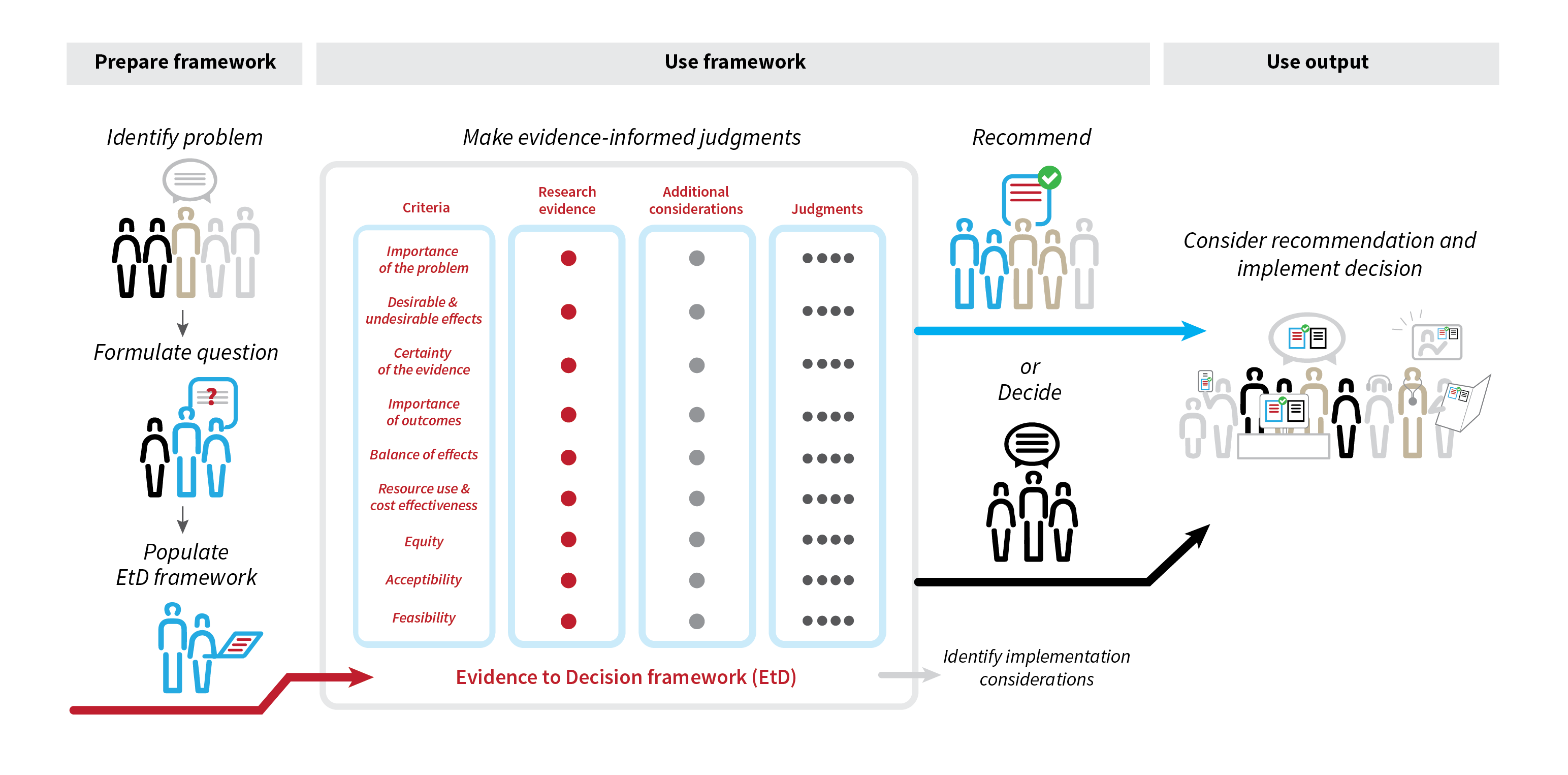
It´s time to change!
The COVID-19 pandemic scared me into action. Social media was invaded by posters and articles highlighting the increase in obesity during lockdown as people increasingly turned to food for comfort. I wondered what complications I was likely to get if my weight kept increasing. During the first two months of the pandemic and lockdown, I taught myself to make no-knead bread after following a YouTube video. Thus, I found myself endlessly making brown bread rolls, just in case we ran out. And I ate and ate.
My husband, on the other hand, started a diet and was soon shedding weight. He encouraged me to change my relationship to food. I thought about this and asked myself: “What do I most love to eat?” The instant answer was “Indian Food”. Because of the pandemic, we could no longer have our occasional meal in an Indian restaurant. So, I decided that, as I had learnt to bake bread daily, I could also learn to cook the Indian dishes that I most yearned for. And that’s what I started to do, from September 2020 to the present. YouTube is the school that helped me to become a chef.
As I am a vegetarian, I bought a steamer to cook 5 different types of fresh vegetables daily, adding spices according to Indian recipes that I have learnt to make – my food is extremely well balanced now. If I hanker after something sweet, I’ve found a recipe using chia seeds, raw cacao, and skimmed milk. After a few hours in the fridge, the mixture turns into a mousse – only a few calories and sugar-free. And the hankering is satisfied!
I now avoid the temptation of eating processed carbs and stick to low calory fresh veg which I steam and mix with herbs, spices and lentils to die for. I have learned to toast and grind my own spices. With advice from a dietitian, I was overjoyed to be encouraged to continue reducing my insulin intake. I used to take a total of 82 units of a mixed dose of Insulatard and Actrapid daily. I am now down to a combined dose of 8 and 6 in the morning and sometimes have none in the evening if I am on intermittent fasting. I check my blood sugar 4 times a day, and avoid bread, pasta and rice. The HbA1c blood test was recently down to 6. A huge difference! Hope I manage to continue on this promising pathway.
Through the European Patients’ Forum and COMPAR-EU, I am becoming hugely interested in learning more about patient-driven self-management tools and processes, exchanging good practices and knowledge with the other members of the Panel. The activities that the Panel is part of are vital to the success of COMPAR-EU project and empowerment patients. Finally, I am also interested in how patients who are managing their condition well can become mentors of other patients who are affected similarly. There are some plans for building a Toolkit for Mentors with useful tips and recommendations within the project.

Nora Macelli
Nora Macelli is CEO of the St Jeanne Antide Foundation (SJAF) in Malta, a registered social purpose NGO that provides a range of support services
for very vulnerable families at both community and national levels. Nora studied social work in India (MSW), specialized in community development and was a full-time volunteer community development worker there for six years and a volunteer with the United Nations Volunteers (UNV) for two years. With a colleague, she has edited two books in Maltese for family caregivers of mentally ill persons. She is especially interested in volunteer mentoring with persons with complex needs and peer mentoring by persons with the lived experience of domestic violence and family caregiving in the field of mental health.








